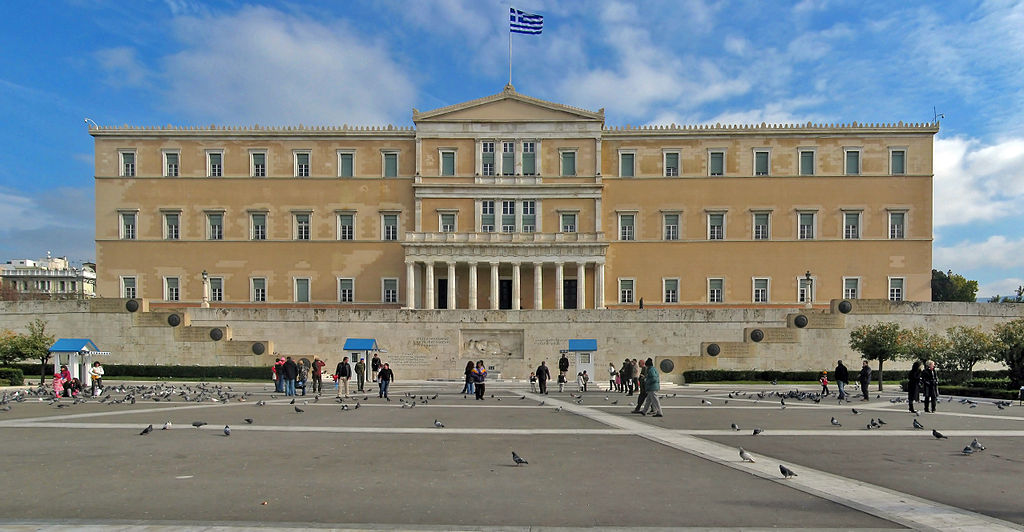Greece plans to raise an additional €300 million to €400 million in annual tax revenue by imposing a new five Euro-cent tax on OPAP’s sports betting and lottery products. However, OPAP is far from happy with this government’s decision and said it would legally challenge it.
However, OPAP doesn’t seem to mind the monopoly it holds over the online gaming industry in the country, which Greece is willing to let it keep in order to heal the wounds by the proposed tax law. OPAP has the exclusive right to offer numerical lottery, sports betting and RNG games. Since 2013 the company doesn’t belong to Greece after the country sold its remaining share for €652 million to Emma Delta consortium; this company is partly owned by the well established casino operator IGT, which was acquired by GTECH in 2015.
Odysseas Christophorou, OPAP’s spokesperson, warned that the proposed tax would have negative consequences for the government since it would discourage Greek players to enjoy their favourite way of entertainment. According to him, this would result in lower overall tax contribution by OPAP. Just for the record, the company paid more than €500 million in taxes in 2014, after the government had imposed a new 30% tax on revenue in 2013.
However, Greece has a way of making it up to OPAP by excluding RNG games from the new online licensing regime, according to an anonymous gaming executive interviewed by eGaming Review. These new gaming licences, which should supplant the 24 temporary licences that had been issued and then revoked by the previous government, are supposed to generate additional €500 million in tax revenue for Greece.
If the RNG games are excluded, OPAP would get to keep its monopoly on RNG slots and table games, while new operators would be able to offer only sports betting, live dealer casino games and poker.



